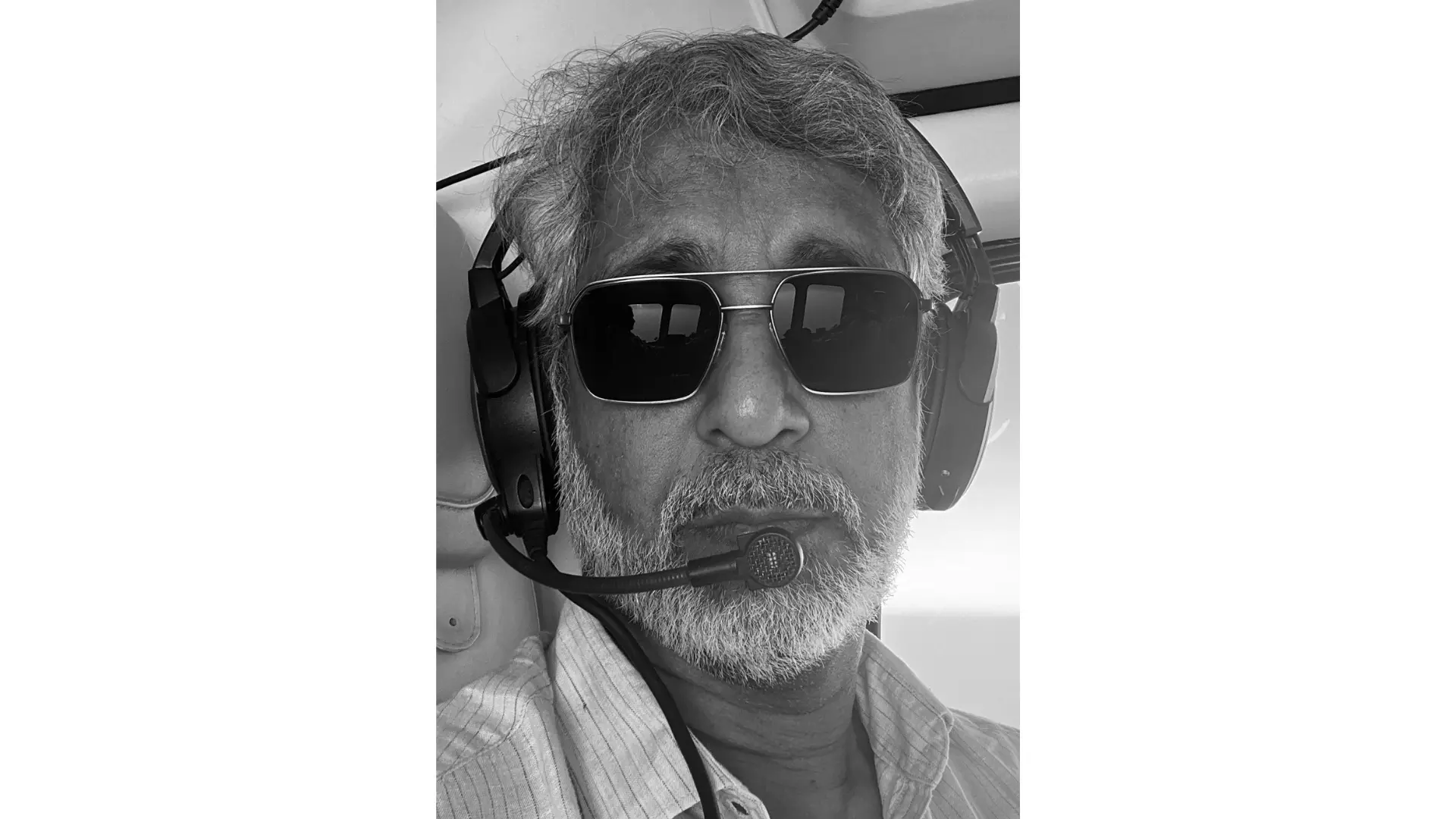Foreign policy no longer an alien to domestic decisions: Ex-envoy to UN
Diplomacy, he said, is in a flux, as the old world order is changing and the new one hasn't replaced the old one yet

Hyderabad: Foreign policy is not just related to the country’s external relations with the rest of the world but in the current times, it affects every individual, according to former senior Indian diplomat Syed Akbaruddin. A native of Hyderabad, who trotted the globe serving India as its representative, and retired as India’s former Permanent Representative at the United Nations, Akbaruddin on Thursday presented a quick master class in diplomacy at a gathering in the city, where his book, India vs UK – The Story of an Unprecedented Diplomatic Win, was launched.
Foreign Policy, he said, plays into domestic policy. For instance, whether it is environment or climate, these are now integral to foreign policy, So is the issue of health and vaccines, and it plays a role even when it comes to mobile phones. “There is a need to look at foreign policy very differently from the past,” Akbaruddin said.
Chatting with Deccan Chronicle on the sidelines of the book launch, Akbaruddin, replying to a question, said India’s biggest diplomatic challenge in the near term is the rise of China. It is a challenge for everyone, but being neighbour, it looms much greater on our horizon. It impacts economy, global trade, new technologies, a whole host of issues and the challenge is how people can address it and engage with it, he said.
Then there is the simultaneous rise of others countries that were important in the past but were out of loop for various reasons. There will be other countries rising, like Indonesia for instance, or those from Africa. All will jostle for space. “The biggest challenge will be how you adjust to the jostling for space,” Akbaruddin said. “There are only frenemies in diplomacy, sometimes friends, sometimes enemies. Diplomats have permanent interests and temporary friends,” he said.
On Afghanistan, he said the developments in that country have been a setback for India, as it was for many other countries. The impact is at multiple levels, he said, and explained why ungoverned spaces prove to be a challenge. “Such spaces,” he said referring to the hijack of Indian Airlines Flight 814 in 1999 and forced to fly to Kandahar in Afghanistan, “generally tend to be used by elements that are inimical. We have had that experience. Any ungoverned space is a challenge. It is once bitten twice shy.”
Calling it a “difficult situation for us,” Akbaruddin said “I think we will have to reset our ties, recalibrate. But there is no hurry now. It a hurried decision is taken, it may not be in the longer-term interest.”
On how diplomacy has changed in the recent past, Akbarudding said “these have been tumultuous, something that I have not seen in my career. People say the only time such changes occurred was during the interregnum between the two World Wars. This happens because there is uncertainty, there is volatility, there is hedging. People are trying to find new friends, and old friends are moving around. This volatility was perhaps never there before.”
Diplomacy, he said, is in a flux, as the old world order is changing and the new one hasn’t replaced the old one yet.

